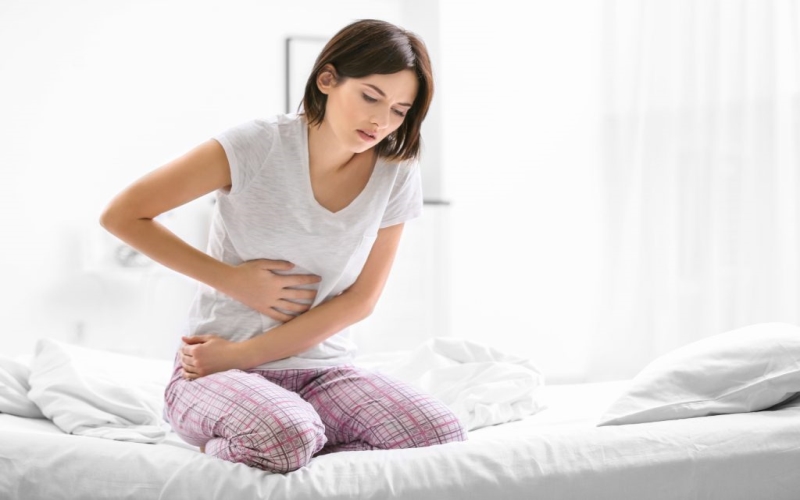Polycystic Ovary Syndrome (PCOS) is an endocrine disorder which is seen in women in the reproductive age group. It is most often defined by an endocrine disorder that can cause numerous symptoms such as abnormal menstrual cycles, hirsutism, acne, and obesity. PCOS is a lifetime disorder, however, its symptoms can be controlled with the help of proper diet, exercise, medications and personal care.
Common Symptoms of PCOS
Missed periods is one of the most common symptoms that people with PCOS experience. The disease may cause the woman to have frequent menstrual OECD, prolonged bleeding or even miss a period due to the abnormality in the ovulation cycle. One of the other most frequently reported symptoms is hirsutism which is the presence of excessive and unwanted hair especially on the face, chest and back.
PCOS also affects the skin giving one acne and oily skin among other symptoms. This is due to high production of androgens, the male hormones in the body which leads to the stimulation of the oil glands thus blockage of the pores to cause acne. Most women with PCOS are also overweight, especially in the abdominal area, and may have a problem with losing weight despite a healthy diet and exercise. Also some women may develop baldness on the scalp just like men with the baldness pattern, which is also related to raised levels of androgen hormones.
Infertility is another key problem that affects women with PCOS because ovulation disturbance makes it difficult for a woman to get pregnant. You should see a best gynecologist in lahore for infertility treatment. Besides these physical changes women with PCOS also suffer from mood swings, anxiety, depression and fatigue, which might be attributed to the hormonal changes that women with PCOS go through and the stress of managing the condition.
Managing PCOS Symptoms
Diet and exercise are the main aspects of the lifestyle that can help to manage PCOS. Eating a diet that is low in refined carbohydrates and saturated fats, and high in whole grains, lean protein, and unsaturated fats can also help manage insulin resistance, a major feature of PCOS in women. Exercise is also important in order to control weight gain, to improve insulin resistance, and even help in regulating menstruation. It has been found that doing some amount of exercise on a regular basis can help in enhancing the health of women with PCOS.
Many women require medications for different symptoms of PCOS. Birth control pills are utilized in management of menstrual disorders, hirsutism and acne, because they help to control hormones. It may also be prescribed to reduce the levels of DHT and male hormones which can lead to hair growth on the face and chest and acne. Another well known drug is metformin that is used for increasing the insulin sensitivity and decreasing the blood sugar levels especially when it comes to regulating the menstrual cycle and weight.
Hair growth is one of the toughest symptoms of PCOS but is controllable by some means. Shaving, waxing, and laser hair removal are the popular methods to eliminate unwanted hair. Physicians may prescribe creams that may help to minimize hair growth on the face and lessen hirsutism symptoms.
To some extent, acne due to PCOS can be controlled by following the correct beauty regime. Daily washing of the face and other parts of the body which are prone to acne is a good way of preventing oil build up and thus preventing blockage of the pores. Other topical medications which may be recommended by a dermatologist include retinoids or antibiotics to address acne and prevent more pimples.
The patient’s psychological aspect also needs attention in managing PCOS as they may suffer from depression and anxiety. Such women are likely to have anxiety, depression, or mood fluctuations depending on the state of their menstrual cycle. Hearing from a therapist or counselor can help one learn how to manage the emotional side of PCOS. Another way that can help is to join a support group where women with similar problems are also around to tell and help.
Conclusion
PCOS symptoms can be quite bothersome; however, many women can greatly improve the intensity of these symptoms with the help of the appropriate measures. Dietary modifications, physical activities, proper medication and personal hygiene should enable women with PCOS to lead a normal life. With information on the condition and collaboration with the health care practitioners, women with PCOS can manage the symptoms and live healthy happy lives. For more such concerns visit a best gynecologist in Karachi to get treatment.

